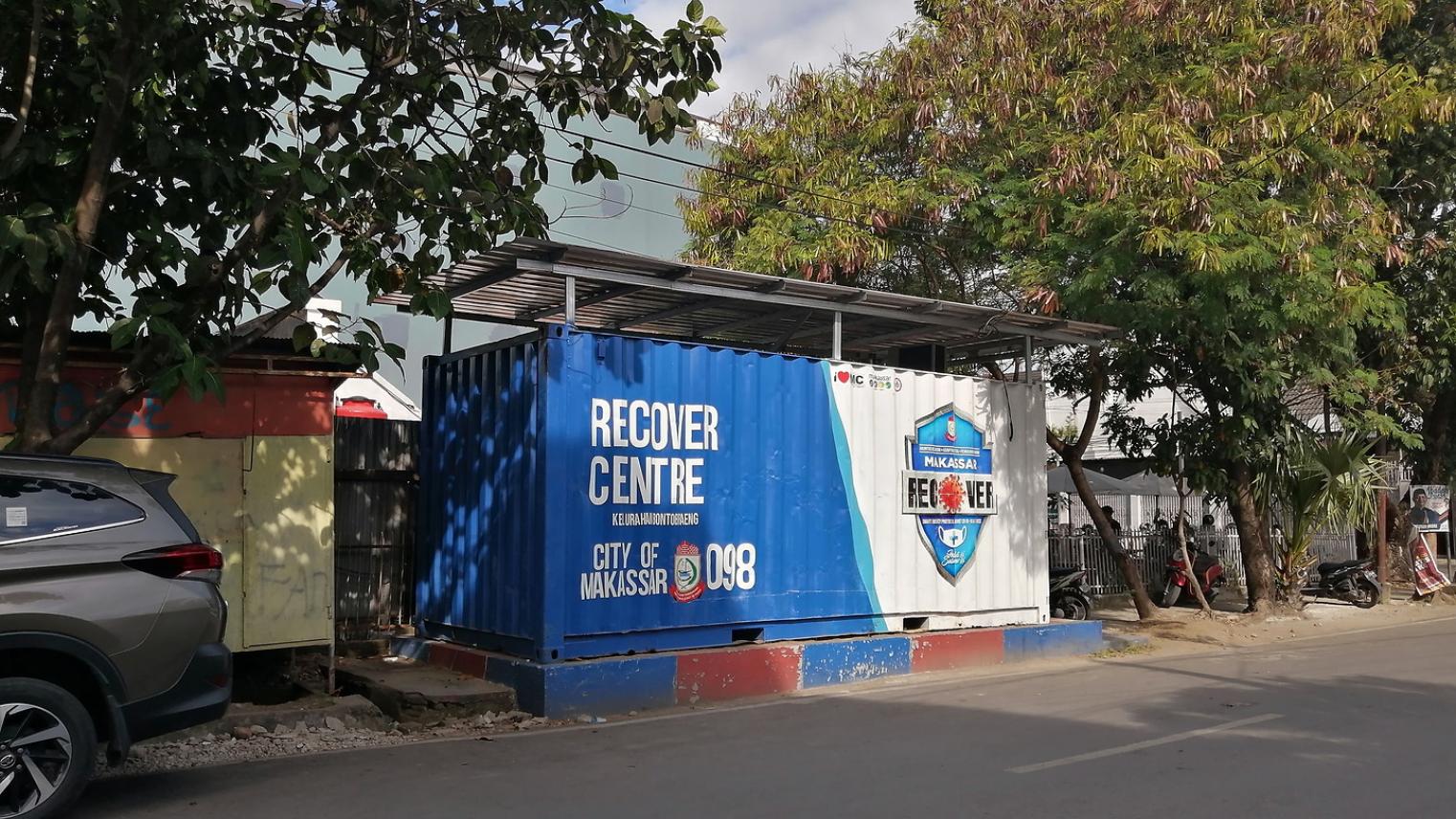What explains the disparity of healthcare services in Indonesia, with inadequate and uneven distribution of healthcare resources and technical capacities across regions?
Many studies have chronicled Indonesia’s persistent issues of inadequate and uneven distribution of health resources, capacities, and corruption from the perspective of formal institutions and systems, but few have explored the extent to which informal political dynamics might also help explain the country’s healthcare outcomes.
This research puts the focus on informal politics, particularly on how different patterns of clientelistic politics shape variations in healthcare performance at the sub-national level. The speaker will discuss the concept of clientelism, often used to study electoral politics, and apply it to analysis of the deep-seated problems in healthcare governance and service provision. This seminar’s particular focus is on three critical elements of health care provision (personnel management, the procurement of medicine and medical equipment, and delivery of public health services) as found in three cities (Semarang, Makassar, and Kupang). Aside from providing insights into how different patterns of clientelism shape the health sector, this study also identifies key factors that can insulate political clientelism and improve health care services as they are delivered in diverse localities across the Indonesian archipelago.
About the speaker
Lila Dwilita Sari commenced her PhD in the Department of Political and Social Change, at the Coral Bell School of Asia and the Pacific, The Australian National University in 2019. Her research examines the variations of clientelistic politics and how it affects healthcare services at the sub-national level in Indonesia. Lila has over seventeen years of experience in institutional capacity building and advancing Indonesia’s public sector reforms. Prior to commencing her PhD, she was a Program Manager at AusAID and the Department of Foreign Affairs and Trade (Jakarta). She has also served as the Program Manager for the Komisi Pemberantasan Korupsi (Corruption Eradication Commission). She received a Master’s degree in Public Accounting from the University of Indonesia in 2015.
